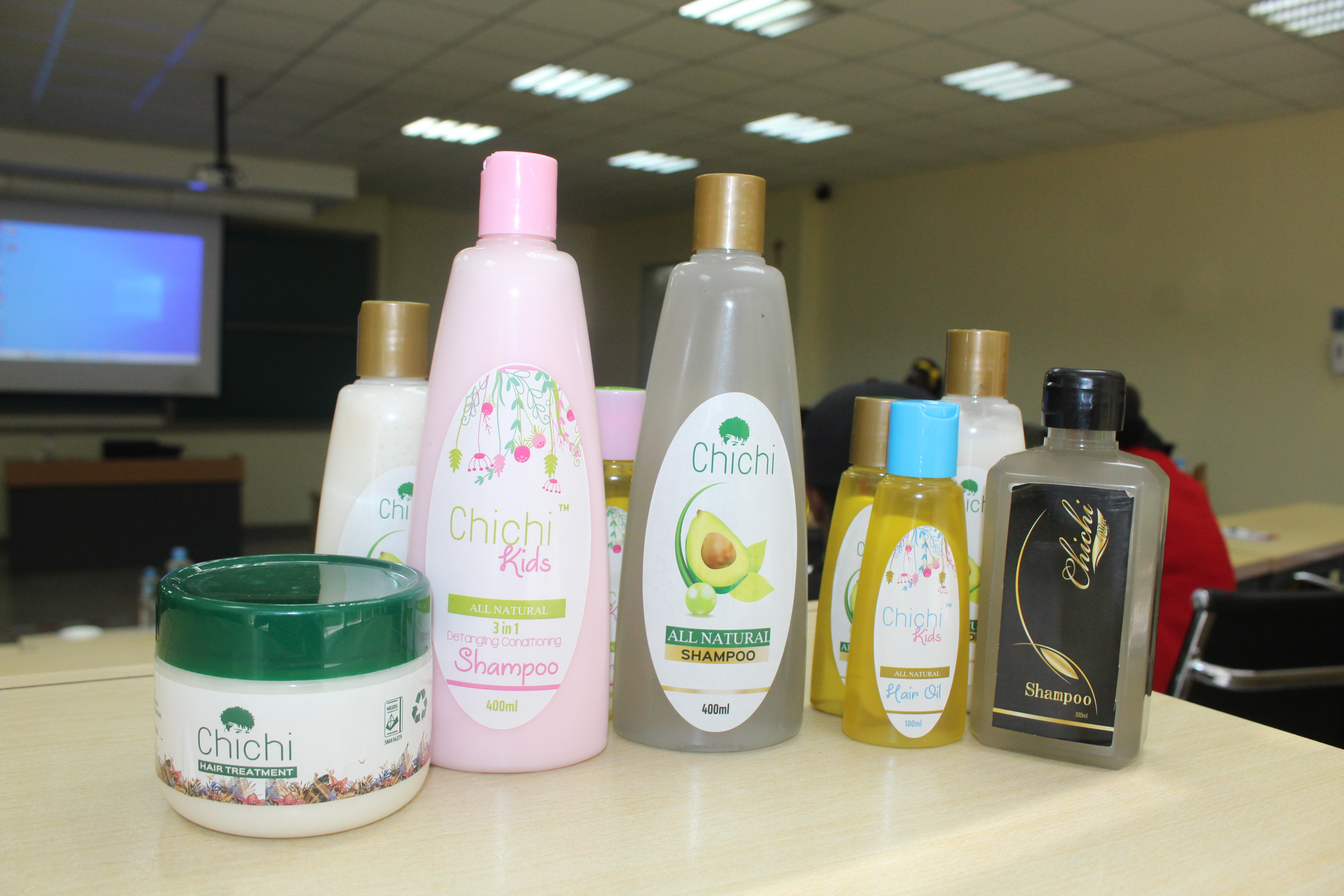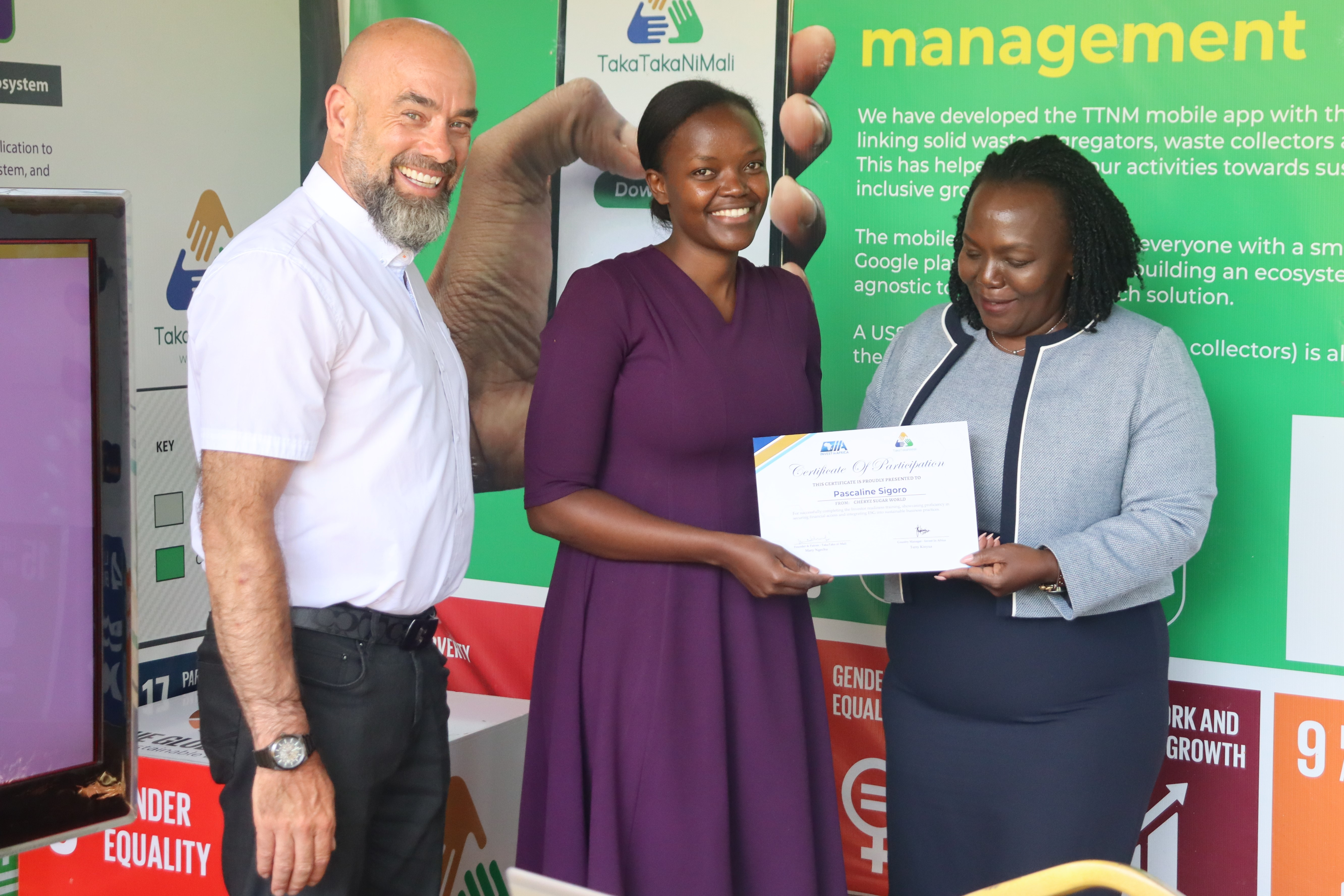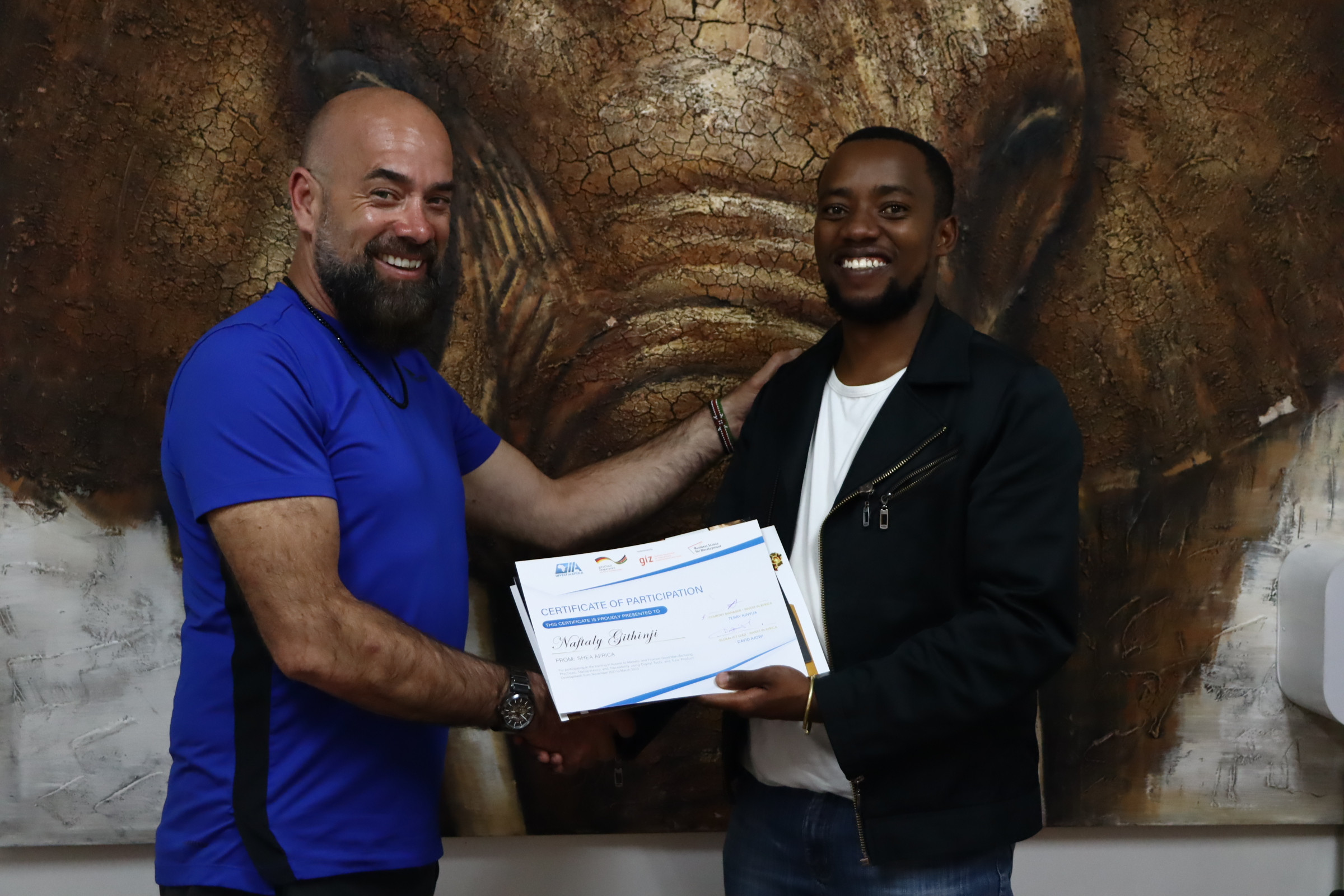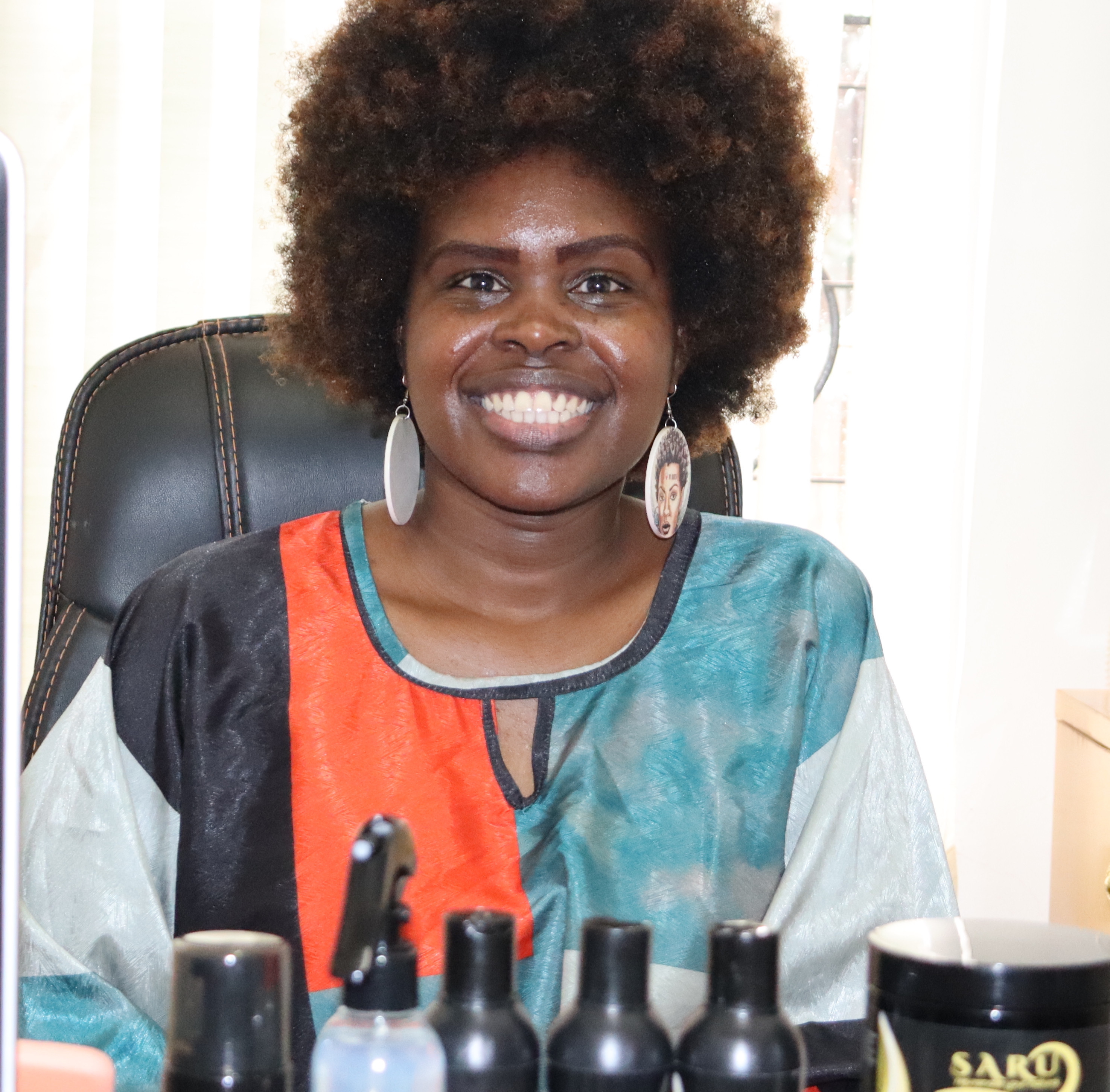Chichi Naturals enhances market access through transparency and traceability and improved manufacturing practices

Chichi Naturals is a Kenya manufacturing startup focusing on natural hair products. According to Grace Waringa, the Chief Executive Officer at Chichi Naturals, the hair products manufacturer uses avocado as its main ingredient and aims to supply quality and affordable products.
As a startup, Chichi Naturals faced a capacity challenge in attempting to establish and scale up in the manufacturing sector. Grace says that, as co-founders, they were uncertain about how to take the business to the next level, especially by acquiring the market share the company needed to succeed.
Most Kenyan entrepreneurs who establish businesses do not have sufficient knowledge of the industries they intend to specialize in or adequate business management skills (Kasi Insights, 2021). These entrepreneurs set up enterprises and try to wing them by learning and unlearning along the business. However, this method has caused many small enterprises to struggle with capacity challenges, and some face the risk of dying pre-mutually.
How can entrepreneurs boost their capacity to establish and grow their businesses successfully?
“My co-founder and I found the upscaling program by Invest in Africa (IIA) and GIZ to be a good fit because we wanted to learn how we could scale up the business,” said Grace. The program aims to upscale manufacturing enterprises in natural products in Kenya and Uganda, and it involves five modules; Access to finance, market access, transparency and traceability, good manufacturing practices, and new product development. According to Grace, the program has enabled Chichi Naturals to adopt industry-standard manufacturing practices and edge into new markets by adhering to regulatory requirements.
“Through the program, we have trained our staff on the best manufacturing practices and adopted a standard outline of the production process following lessons and recommendations from the modules, and our clients have begun to recommend our products positively,” Grace said. She adds that the company adopted transparency and traceability to avail information about the products and the production process, a vital step in gaining the market trust.
Currently, most local, and international market regulators have required transparency and traceability to ensure suppliers can demonstrate adherence to product quality standards and accountability in the production processes. For Chichi Naturals, adopting transparency and traceability enabled its products to edge into the export markets. “Recently, we attended a trade show in Uganda, and we sufficiently showcased our products through the information we have generated on the transparency and traceability tool,” Grace recalls. She confirms that the program provided a digital tool dubbed Phy2App where clients can access information about the products and the company.
Grace says that entry into the export market and improved marketing through the digital transparency and traceability tool have translated into the growth of the business. To date, the company has seen a 50% increase in revenue turnover and improved quality of the products that meet local and international market standards.
Chichi Naturals is one of the 40 enterprises from Kenya and Uganda that participated in a program to upscale manufacturing SMEs in natural products. The program was implemented by Invest in Africa (IIA) in partnership with GIZ Business Scouts for Development.







